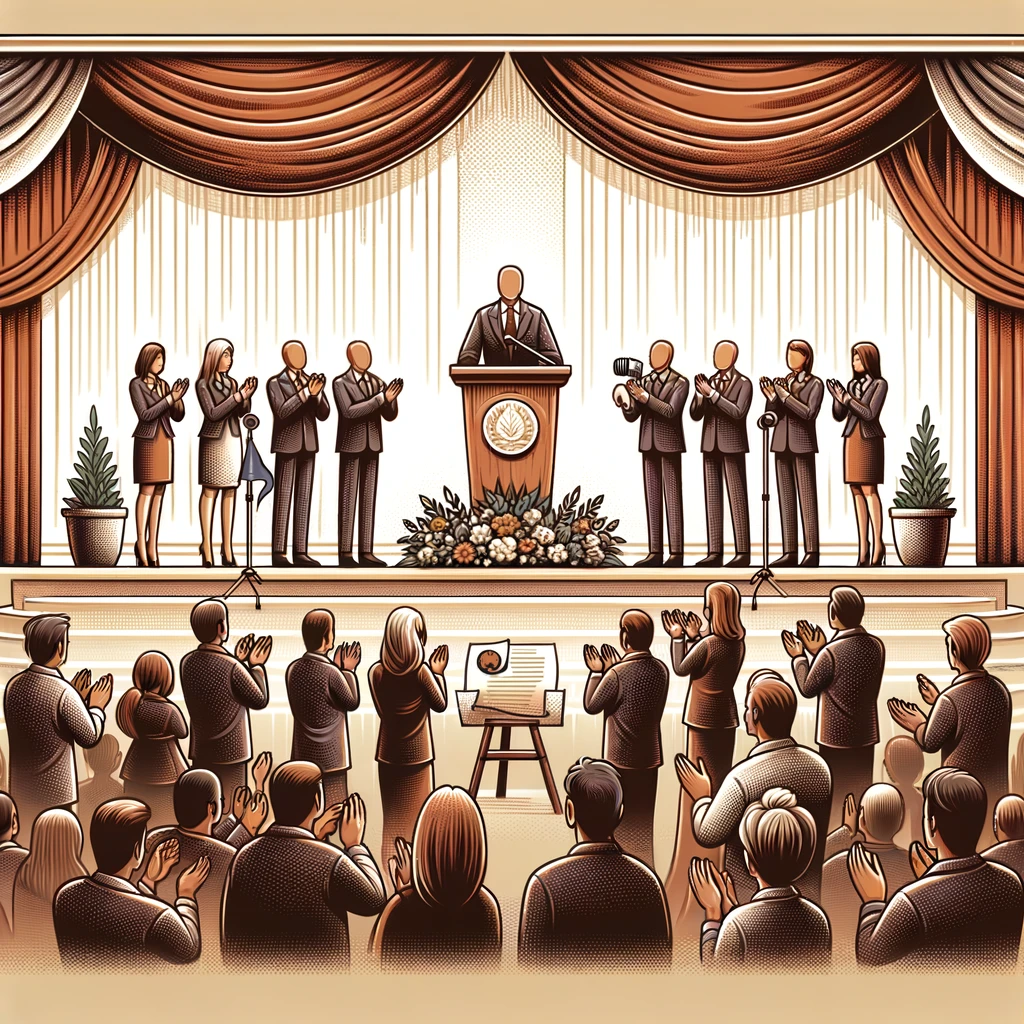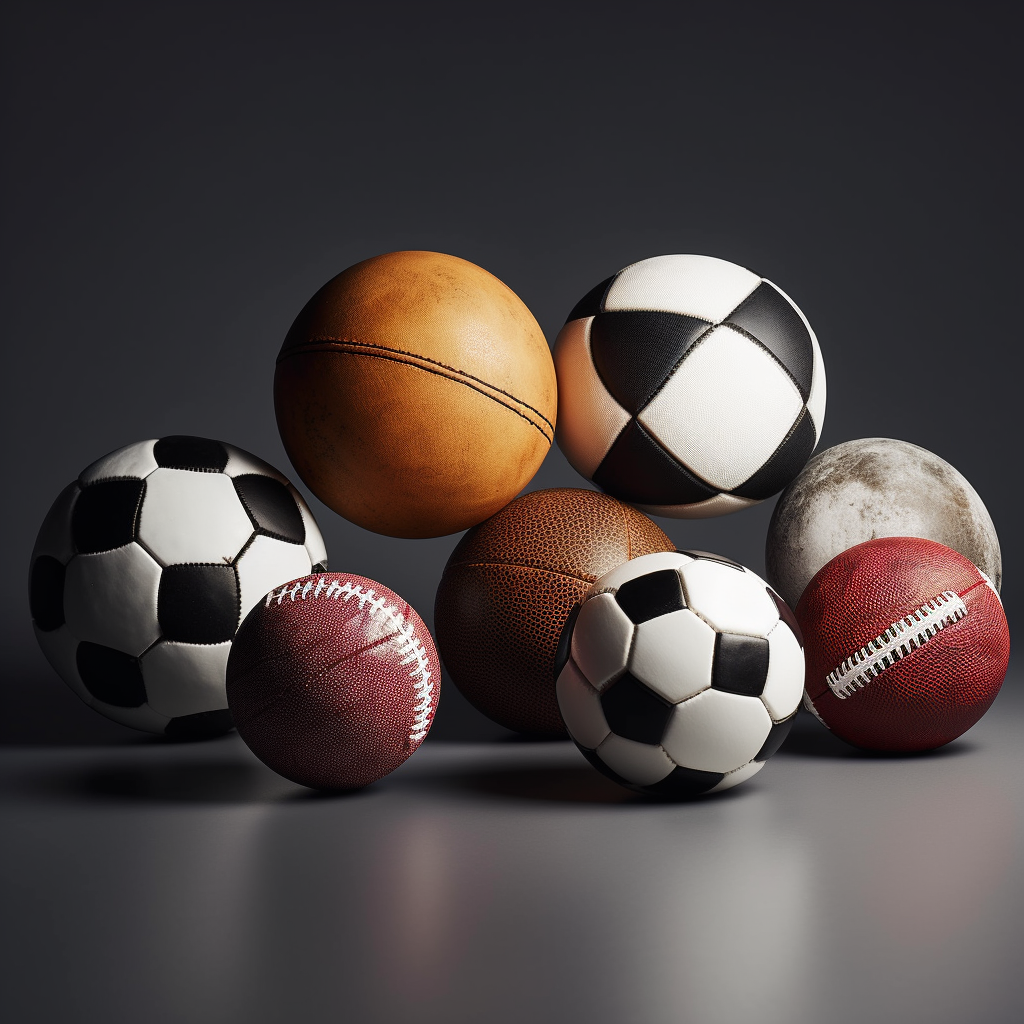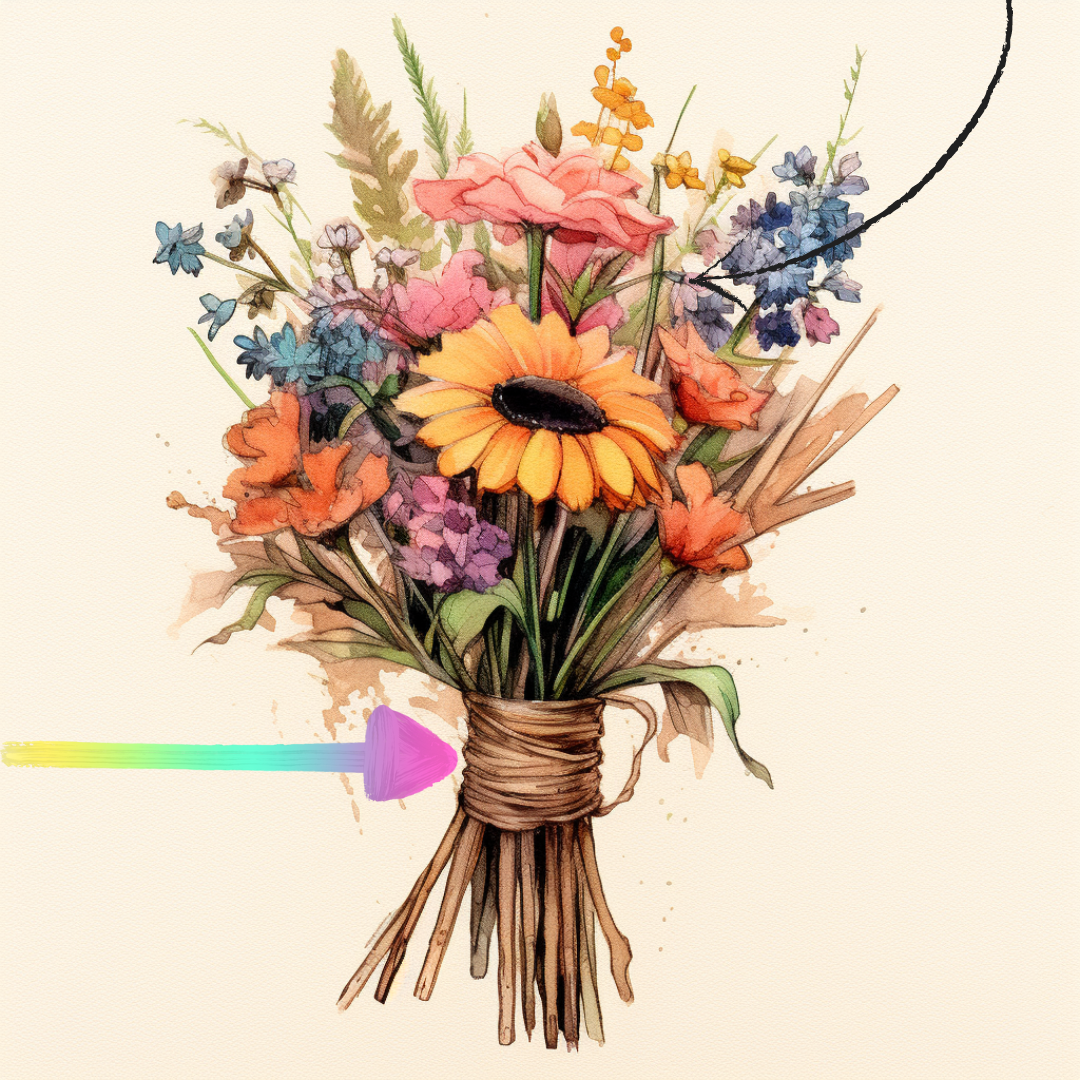Tea
Definition
Tea refers to a hot beverage made by infusing the dried leaves of the Camellia sinensis plant in boiling water. It can also describe various herbal infusions or the plant itself.
Parts of Speech
- Noun
Pronunciation
American English
- IPA Pronunciation: /tiː/
- Respelling: TEE
British English
- IPA Pronunciation: /tiː/
- Respelling: TEE
Etymology
The word "tea" originates from the Chinese word "t'e" (Hokkien) or "cha" (Mandarin). It entered European languages via Portuguese and Dutch traders during the 16th and 17th centuries. The term specifically referred to the leaves of the Camellia sinensis plant and the beverage made from them.
Derivatives
- Tea-like (adjective)
- Tea-drinking (noun/adjective)
- Teatime (noun)
- Tea-loving (adjective)
- Tea-leaf (noun)
Synonyms
- Brew
- Infusion
- Chai
Antonyms
- None
Usage
The noun "tea" is commonly used to describe the beverage made from tea leaves, as in "Would you like a cup of tea?" It can also refer to herbal teas, such as "peppermint tea."
Related Terms
- Herbal tea: An infusion made from herbs, spices, or flowers, not derived from the Camellia sinensis plant.
- Teapot: A container used for brewing and serving tea.
- Teacup: A small cup used for drinking tea.
Detailed Definitions
Noun
- A beverage made by infusing tea leaves in boiling water: Refers to the popular drink consumed worldwide.
- Example: "I enjoy a cup of tea in the morning."
- The dried leaves of the tea plant: Refers to the product used for making tea.
- Example: "She bought a pack of green tea."
- Any herbal infusion made from plants other than tea: Describes beverages like chamomile or mint tea.
- Example: "Peppermint tea is soothing before bed."
- An informal term for gossip or news (slang): Refers to shared information or rumors.
- Example: "Spill the tea, I want to hear the latest news."
tea
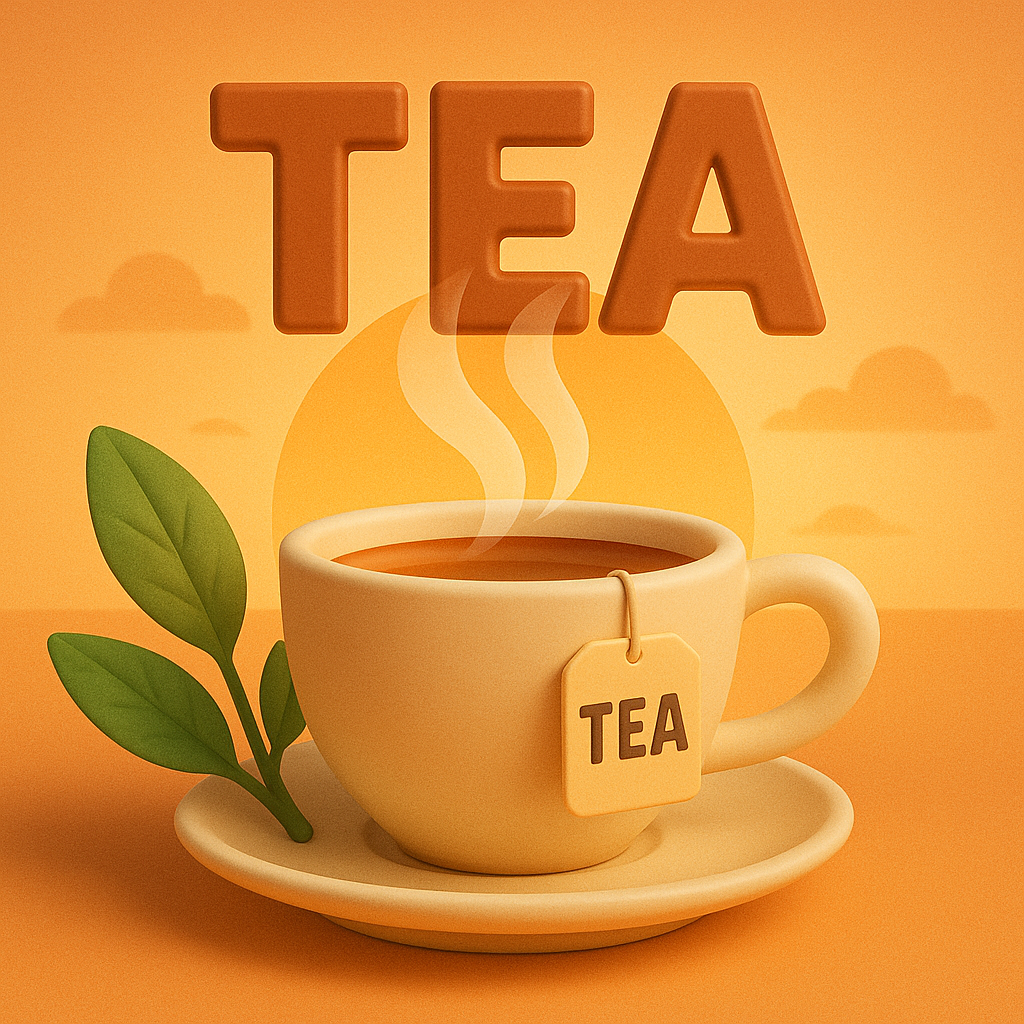
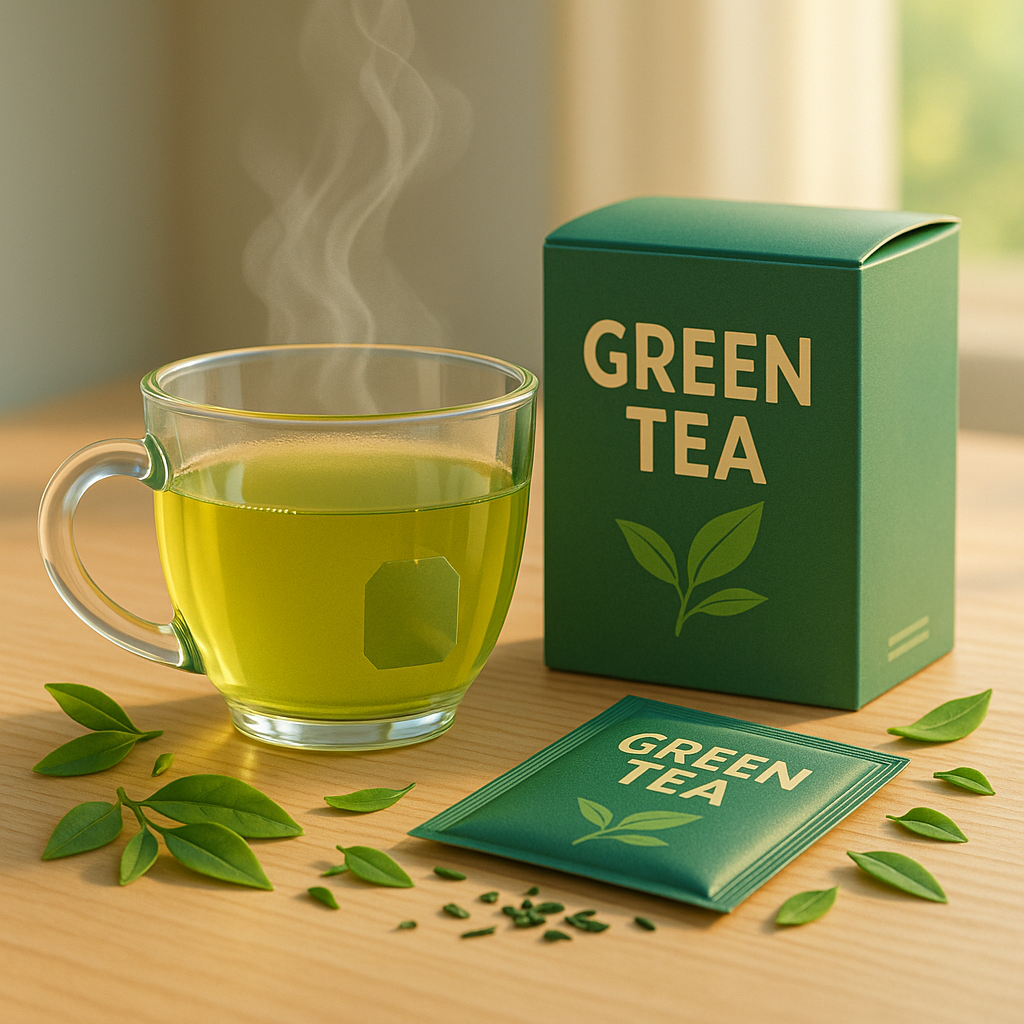
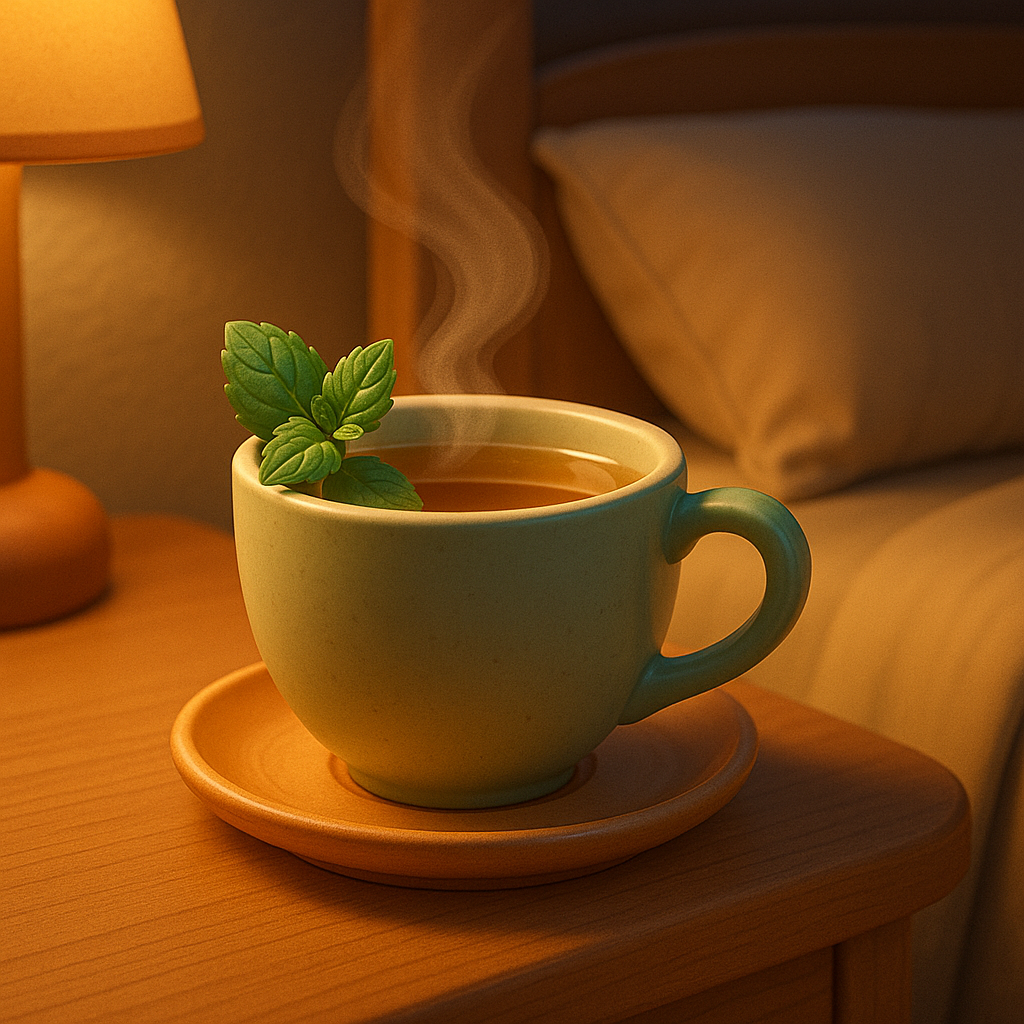
🇨🇳 Mandarin Chinese
- "茶"
- IPA Pronunciation: /ʈʂʰa˥/
- Respelling in English: chá
🇮🇳 Hindi
- "चाय"
- IPA Pronunciation: /tʃaːj/
- Respelling in English: chāy
🇪🇸 Spanish
- "Té"
- IPA Pronunciation: /te/
- Respelling in English: té
🇫🇷 French
- "Thé"
- IPA Pronunciation: /te/
- Respelling in English: thé
🇸🇦 Modern Standard Arabic
- "شاي"
- IPA Pronunciation: /ʃaːj/
- Respelling in English: shāy
🇧🇩 Bengali
- "চা"
- IPA Pronunciation: /tʃa/
- Respelling in English: chā
🇷🇺 Russian
- "Чай"
- IPA Pronunciation: /t͡ɕaj/
- Respelling in English: chay
🇵🇹 Portuguese
- "Chá"
- IPA Pronunciation: /ʃa/
- Respelling in English: chá
🇮🇩 Indonesian
- "Teh"
- IPA Pronunciation: /tɛh/
- Respelling in English: teh
🇩🇪 German
- "Tee"
- IPA Pronunciation: /teː/
- Respelling in English: tee
🇯🇵 Japanese
- "茶"
- IPA Pronunciation: /t͡ɕa/
- Respelling in English: cha
🇻🇳 Vietnamese
- "Trà"
- IPA Pronunciation: /ʈʂaː˧˥/
- Respelling in English: trà
🇰🇷 Korean
- "차"
- IPA Pronunciation: /t͡ɕʰa/
- Respelling in English: cha
🇹🇷 Turkish
- "Çay"
- IPA Pronunciation: /tʃaj/
- Respelling in English: çay
🇵🇰 Urdu
- "چائے"
- IPA Pronunciation: /tʃɑːje/
- Respelling in English: chāye
